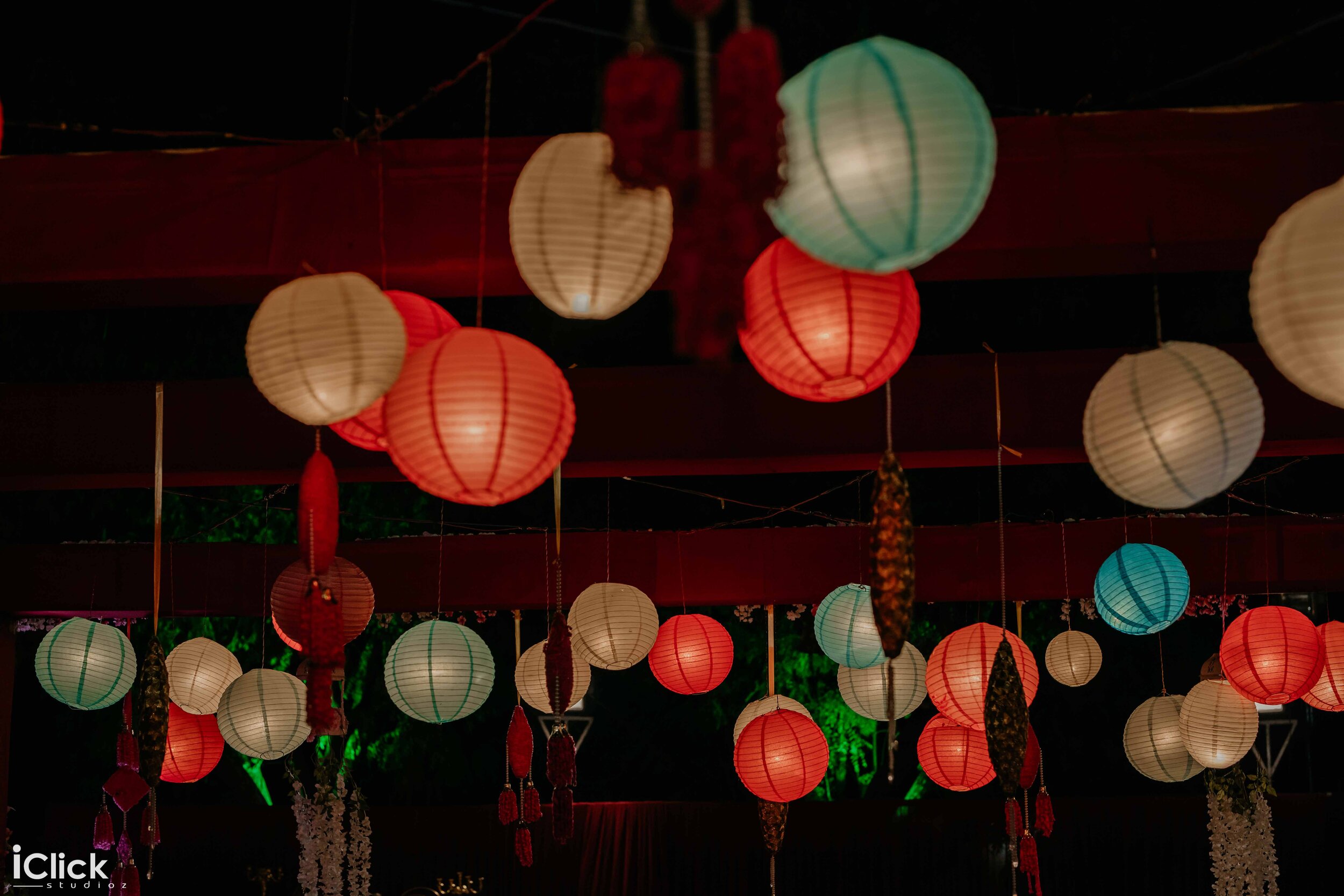Hello everyone. I hope you had a wonderful World IBD Day!
The month of May is special to me because May 17 happens to be my stomaversary! Three years ago, on May 17, I received my ileostomy. It was a decision that I made after Infliximab a.k.a Remicade gave up on me. My doctors wanted me to try some more meds, but I insisted on the surgery. I wanted a permanent ileostomy, which was quite a surprise for the surgeons. I remember them coming up to my hospital bed and asking me questions about my education and background. I smiled and assured them that I did want my ostomy to be permanent. In a country like India, where stigma and taboo exist even with the state of being ill, it is rare for a 24-year-old person to ask for something like an ileostomy, additionally, a permanent one.
I actually wanted an ileostomy back in 2015. I would have had a temporary ileostomy then. I had already failed most meds and immunosuppressants with the exception of MTX (methotrexate) and biologics. I could not afford biologics and the doctor I consulted then had already told me that only biologics or surgery could help me get better. Soon thereafter, I started visiting the outpatient department of the All India Institute of Medical Sciences (AIIMS) in New Delhi, which is considered to be the best hospital in the country and it is a government-run hospital, so consultations are free. However, owing to the massive burden of patients that it bears, not every patient gets the same level of care. The doctors try their best, but they are humans after all.
When I went there, I begged the doctors to give me an ostomy. I had already watched countless videos on YouTube about young people living their lives with a stoma, and I figured a surgery would buy me some time and my intestine would heal, and I could get it reversed later. I was 22 then, and the doctors told me that a stoma at 22 would make my life very hard in India. I was thus advised to try the same medicines once again that I had already failed along with some new antibiotics and brands of aminosalicylates. I did not do any better on them. My condition was deteriorating and my scans were not good, but it was still not bad enough to get me into a bed at AIIMS. Meanwhile, in addition to my symptoms of constant bloody diarrhea and weight loss, I was beginning to experience some pain in my pelvic regions whose intensity and duration were growing day by day.
In December 2015, I went to the GI OPD at AIIMS and cried straight for 4 hours in pain. It was then that a senior doctor saw me and I got to consult with him. I begged him to operate on me. He consoled me and assured me that I would be treated better and I was then admitted to the GI ward. I stayed there for a month amid more courses of steroids, antibiotics and scans. On January 2nd, 2016, my 23rd birthday, I was given my first dose of Exemptia (a biosimilar of Adalimumab a.ka.a Humira) which was cheaper than Remicade, and patients at AIIMS were provided with some assistance by the firm that manufactured the drug to lower the financial burden. I went home with some hope which lasted for only 2 weeks. After 2 weeks, I lay 24/7 in pain in my bed, 10 steps away from the toilet. I managed to pass some firm stools, but that made the pain even worse which was now affecting both my hips and lower back and my thighs. It felt like a thousand hot steel knives carving into the flesh inside my intestines and my pelvis. I frequently visited the ER in the middle of the night, screaming in pain to get a dose of IV Tramadol.
As I write this, it almost makes me want to stop writing further. I remember taking sleeping pills, antidepressants, and tramadol pills to sleep and kill the pain. I remember trying to end my life for 2 nights. I remember trying to hang myself. I remember giving up. My younger brother had received an offer of admission from Imperial College London, but he was working instead, to run the house and afford my treatment. My parents had separated. I figured it would be better for everyone if I killed myself. I really didn’t want to die though. I just wanted the pain to end. I eventually ended up admitting myself again in the hospital in February. An MRI of my spine did not find anything. Psychiatrists thought I was exaggerating my pain because of past emotional trauma. The SR (Senior Resident) who oversaw me in the ward did not believe me when I told him that Adalimumab was not working anymore and my symptoms were worsening. After a month, I ended up faking wellness (I told my doctor I wasn’t feeling any pain on Clonazepam, when in fact, I stayed up all night in pain and additionally did not ask for a pain shot) to get out of the hospital.
Back home, I started taking more pain pills and anti-anxiety drugs. The biologic was not doing its job anymore and after another month at home, I was back in a bed at the hospital. This was my worst. I was totally incontinent, bedridden, and weighed 80 lbs. I passed blood and mucus incessantly even when I was ordered not to eat/drink anything. Doctors had given up on me, and Infliximab was just too costly. There was no way I could afford it. One night, the SR came in and told my mother to take me back home. That night, once again, I found myself thinking about death. I was not afraid of it, but I regretted that I could not do anything significant. My ambitions and dreams were dying with me. The next day, I and my friends started a crowdfunding campaign to gather money for Remicade, which was very successful owing to the kind generosity of my college batchmates, and I gained some more time on Remicade. But the pain never went away. It was constant and Remicade had minimal effect on it. I was still incontinent. All that any drug could do for me was to decrease the number of my visits to the toilet. Incontinence and pain were chronic. I depended on diapers, a cocktail of many pain meds, and many unhealthy, unsafe, and drastic measures to get through the day and night. I was getting Remicade infusions every month instead of the usual 8-week frequency because there were signs that Remicade too was not working. I found myself in the hospital every other month.
When Remicade finally gave up on me, and I had lost 2½ years, I decided it was time to get rid of my colon once and for all. My GI tried to persuade me to try some more treatments like FMT, but I aggressively denied. While I was being taken into the operating room, my surgeons once again asked me to permit them to retain my colon. I told them that if they found anything worth retaining, they could. When they opened me up, they found - “Hepatic flexure, transverse colon and up to upper rectum thickened. Descending colon and sigmoid colon densely stuck to parietal wall, mesentery shortened and thickened”. These are the intraoperative findings as written on the operation note from the day of surgery. The surgeons could not save any part of my colon except for the lower rectum and anus. When they told me after the surgery that they could not save anything, I was not sad. I was relieved. My pain was gone. I had a chance to re-build my life now. I would not have to stare at the outside world from the window grills of the hospital hallway anymore. I don’t know if that operation note explains my pain, but I firmly believe that I was never insane or exaggerating my pain because I never needed IV Tramadol after the surgery. Earlier, I had been labeled an addict and treated like a liar. All my self-doubt disappeared after my surgery.
Getting back on my feet with my ostomy was not easy. I suffered from ileus immediately after the surgery and I could not keep anything down. I was sent home prematurely because that is how things work in a hospital with too many critical patients and too little beds. I was dejected and did not want to go to the hospital. I was scared because this surgery was supposed to work. I was vomiting furiously. Reluctantly, I admitted myself back after 3 days of discharge and finally after 15 days, my stoma ejected out gallons of intestinal juice like a fountain, and when it stopped, I could eat again. I went back home. After 6 weeks, I was back to work and I never went back to the hospital again, not even for a follow-up or to get my discharge papers. I had lost a lot. Now I had to get everything back. Finally after 2 years, in August 2019, I found myself in the best graduate school in India - the Indian Institute of Science.
I never want to tell my story to people, because I’m not sure what kind of message it sends out. When I go to the annual meeting of ostomates at AIIMS, I find nobody in my age group. I feel alone and wonder if I made the right decision. I wonder if I would encourage another 24-year-old in India to get the surgery. I often did many things that bordered on insanity to get through the intense pain I felt for over 2 years. I often ask myself if I could have done anything else. What do you think? What would you have done if it were you instead of me? What would you choose? When I told other patients that I was getting an ostomy, I received many messages urging me not to go for it. They told me it would destroy my life. Here I am though, living with minimal pain and no meds, in the best graduate school in my country studying Aerospace Engineering, which was my childhood dream. However, I have a very limited social life. I might never be able to work for an industrial organization. I don’t even know if I can make a career in academia. My future is still uncertain. With every passing year, statistically, my chances of falling into a relapse increase. My rectal stump still passes out mucus and blood frequently, and my stoma health is not so good. In a hurry to make up for lost time, I also haven’t given myself time to process everything that has happened to me.
I guess in the end, it’s a journey of self-discovery where you find out who you really are, what matters to you the most and what you are capable of. I am content with the choices I made, good or bad. Things could have gone more wrong because of my choices and I might not have survived. I was prepared to take that risk though. I had dreamed a dream, and when that dream was lost from me, I wanted it back so desperately, that I was ready to sacrifice anything to get a chance to work on those dreams again. That’s who I am. I never knew if it would work out, but I sure did believe. And I hope you believe it too. No matter how bad it gets, I want you to believe that things can work out well in the end. And I want you to hold on to that belief firmly.
I share my story in the hope that you don’t give up like the many times I did in despair. I hope that whatever road you choose for yourself ends in a brighter place than where you began. I hope that your story becomes a greater force of hope than mine. I hope.






























